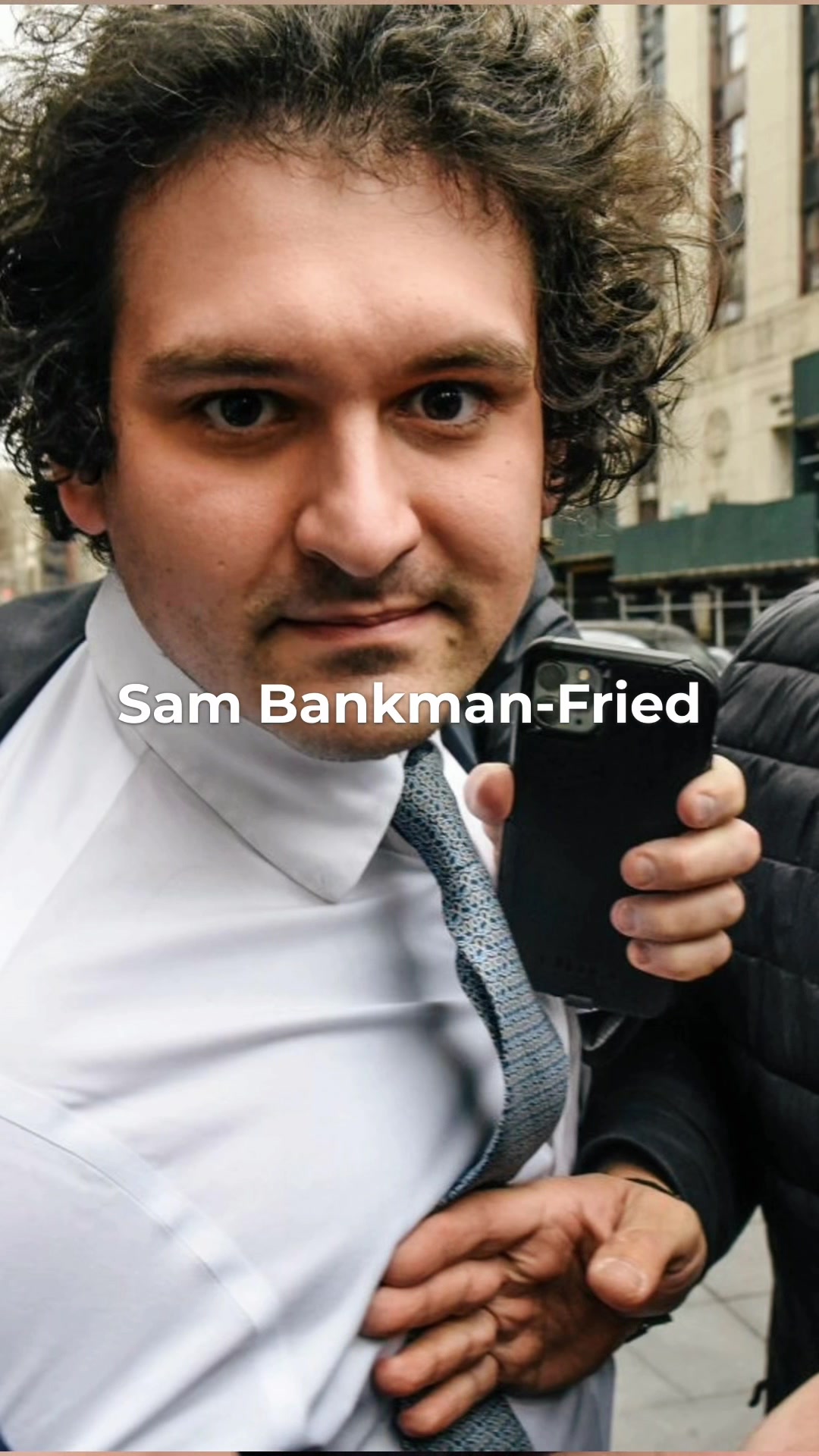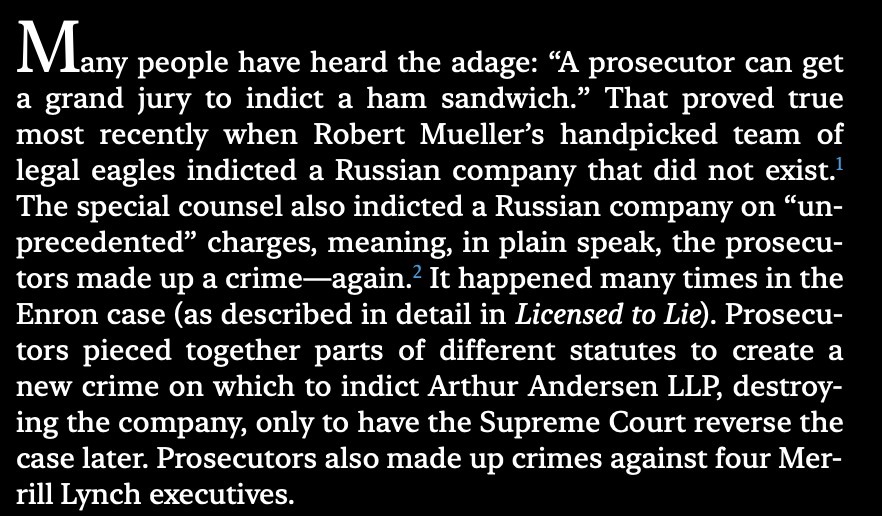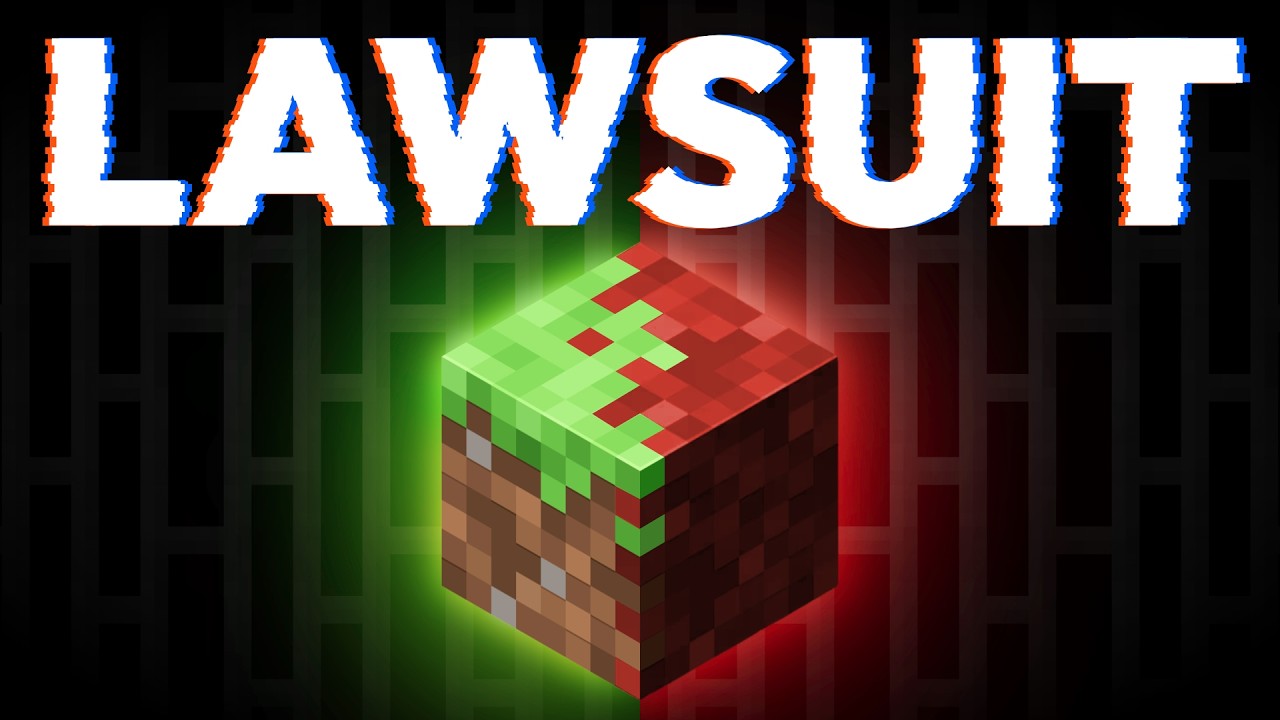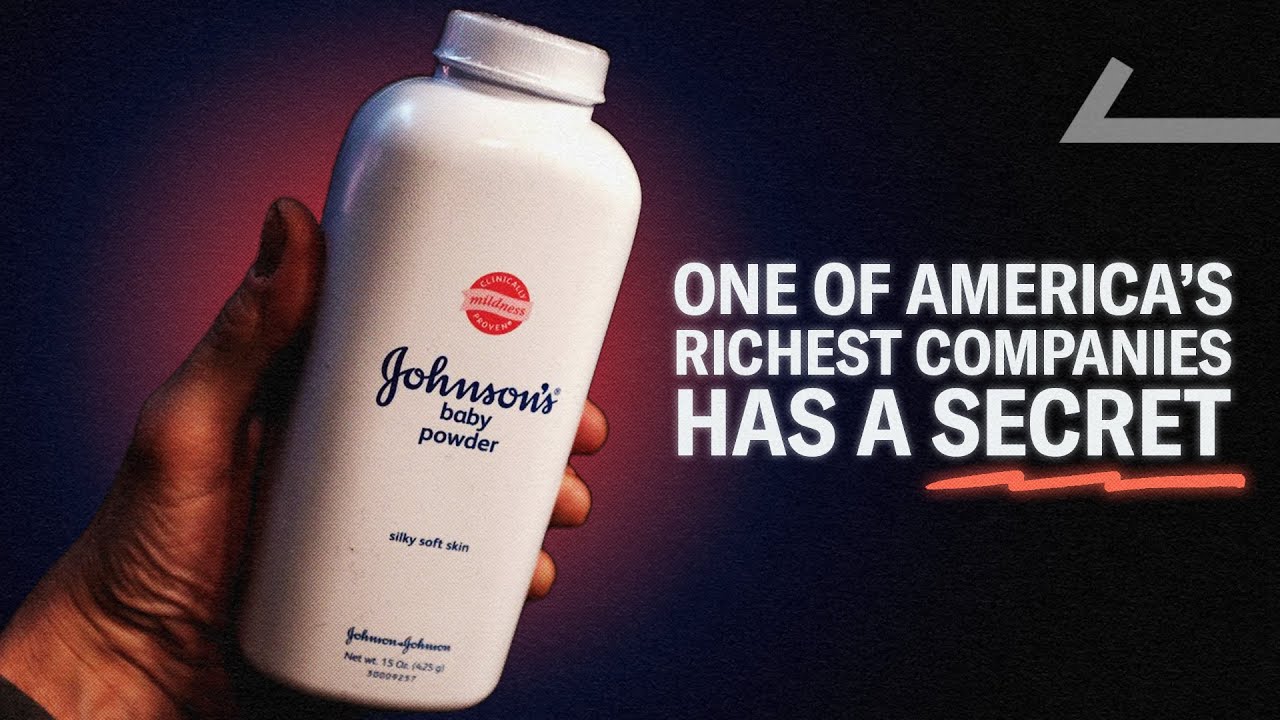‘We never said there’s no lead or cadmium in it.’ (paraphrased)
Huge, huge red flag. I would be conviced that they were trying to fuck me over. They’re broadcasting that they’re a liar.
A friend of mine bought designer branded clothes online once and when they arrived it was clear they were counterfeit. When they got in touch with the seller to request a return, the seller, instead of insisting they were authentic, said that they never claimed in the listing that they were authentic.
But of course, since they were sold as items of that brand, it was implied that they were authentic. If they were described as counterfeit, then it wouldn’t be false advertising (I think it’s still illegal to sell counterfeit products in many places though, but if buyer and seller both know it’s counterfeit then there’s no fraud.) Paypal let my friend return the items for a full refund.
It’s like how with this chocolate issue, it’s implied that your food doesn’t have lead it, because it’s food. If you advertise your product as food, but then it has lead in it, then it’s false advertising because you’re giving people poison instead of food.
I think these are examples of people being dishonest about what they think honesty is that you discuss in your article lying.
‘These claims are so exaggerated that no reasonable consumer would rely on them to buy a product’ (paraphrased)
wow, so then they tell you that no reasonable person would listen what they said in the past that made you think that it wasn’t poison. Is this gaslighting?
Its so fucked up because like, you’re admitting that the things you say about your brand are bullshit and that people are unreasonable for not expecting your products to be poison. Like what are you saying about your company?
If a person said something like this it seems to amount to saying “I’m an asshole and the harm I’m causing you is your fault because you believed all my lies that convinced you that I wasn’t an asshole.” Like you aren’t defending yourself, you are admitting that you are the thing that you’re being accused of and then telling the accuser it’s their fault.
‘no one has been proved to be injured directly from our chocolate’ (paraphrased)
They’re playing dumb and pretending this is how reasoning works. They know that lots of people will hear that claim and think it’s reasonable. But it’s widely understood that there is no safe amount of lead for humans. There are good explanations for why. That is evidence that people are being harmed.
This is the kind of thing you were taking about in this video of yours.
I’d think they were a dangerous, toxic, manipulative liar. I would put serious effort into avoiding any future interactions with them. I would tell people I knew about them.
I don’t seem to have any trouble thinking these same things about Lindt now.





